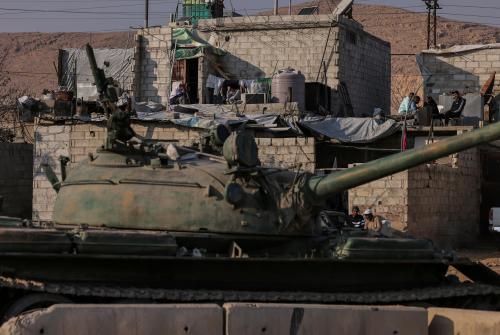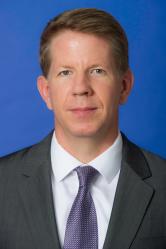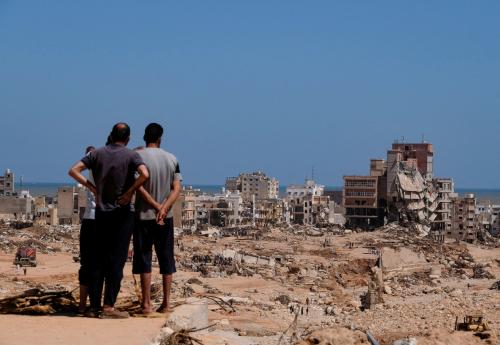

9:00 am EDT - 10:30 am EDT
Past Event
9:00 am - 10:30 am EDT
1775 Massachusetts Avenue N.W.
Washington, DC
20036
The past year has seen no end to the turbulence plaguing Libya since the ouster of Moammar al-Gadhafi in 2011, with armed factions vying for control of the country’s strategic assets and United Nations-facilitated negotiations leading nowhere. While the self-styled Libyan National Army of General Khalifa Haftar continues, unsuccessfully, to try to take over the country militarily, the internationally-recognized government of Prime Minister Fayez Serraj in Tripoli, propped up by militias opposed to Haftar, retains control over major institutions and sources of national wealth. Weapons of increasing sophistication and lethality are flowing to the opposing sides, in violation of U.N. sanctions and pitting foreign powers against each other, with the UAE, Saudi Arabia, and Egypt (with French support) backing Haftar, and Turkey and Qatar backing Serraj.
Meanwhile, facing a stagnant economy and constant threats to infrastructure, the Libyan people are caught in the crossfire of this protracted jockeying. Unchecked migration and the threat of extremist groups taking hold in the country’s contested spaces likewise make Libya’s internal situation a security concern for Europe and the United States. Solving the civil war in Libya would restore needed stability to a strategically vital part of northern Africa while laying the groundwork for the prosperity of the Libyan people.
On September 19, the Brookings Institution held an event on the state of affairs in Libya. Questions from the audience followed the panelists’ conversation.
Panelist




March 26, 2025

Stephanie T. Williams
March 26, 2025

Stephanie T. Williams
January 16, 2024